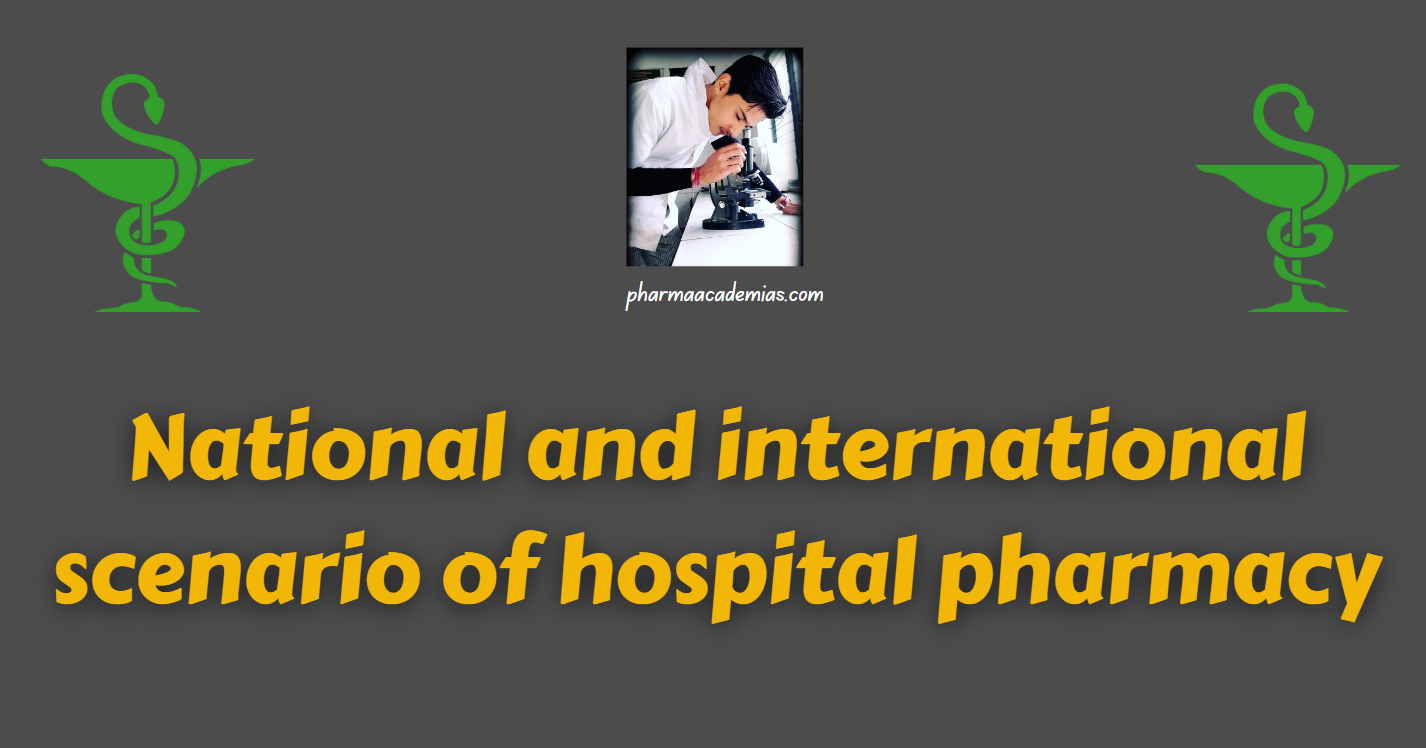Hospital pharmacy standards ensure safe, effective, and high-quality pharmaceutical care within healthcare institutions. The FIP Basel Statements and the American Society of Health-System Pharmacists (ASHP) Standards are two notable standards. Let’s delve into each:
FIP Basel Statements on the Future of Hospital Pharmacy
The FIP Basel Statements were developed by the International Pharmaceutical Federation (FIP) to outline the key principles and standards for hospital pharmacy worldwide. These statements provide a global framework for the advancement of hospital pharmacy practice. The statements include:
1. Patient Care
Prioritizing patient needs and providing patient-centered care.
Collaborating with other healthcare professionals to optimize patient outcomes.
2. Health Promotion
Actively participating in health promotion and disease prevention initiatives.
3. Quality Systems
Implementing quality assurance systems to ensure the safety and efficacy of medications.
4. Technology and Medication Safety
Leveraging technology to enhance medication safety and streamline processes.
5. Competency and Training
Ensuring pharmacy staff are competent, well-trained, and engaged in continuous professional development.
6. Research and Innovation
Contributing to and participating in pharmaceutical research and innovation.
7. Leadership and Advocacy
Providing leadership in pharmacy practice and advocating for the role of pharmacy in healthcare.
8. Collaboration with Stakeholders
Collaborating with patients, healthcare professionals, and other stakeholders to improve healthcare systems.
ASHP Standards for Health-System Pharmacy Practice
The American Society of Health-System Pharmacists (ASHP) has established standards to guide health-system pharmacy practice in the United States. These standards encompass various aspects of pharmacy services within health systems:
1. Medication Management:
Ensuring the safe and effective use of medications through comprehensive medication management.
2. Patient-Centered Care:
Focusing on patient-centered care, including medication counseling and education.
3. Interprofessional Collaboration:
Collaborating with other healthcare professionals to optimize patient care outcomes.
4. Resource Management:
Efficiently managing resources, including medications and pharmacy staff.
5. Quality Improvement:
Participating in continuous quality improvement initiatives to enhance patient safety and care.
6. Pharmacy Informatics:
Utilizing pharmacy informatics to support medication-related processes and decision-making.
7. Pharmacy Leadership:
Providing leadership in pharmacy practice and contributing to healthcare leadership teams.
8. Professional Development:
Supporting the ongoing professional development of pharmacy staff.
9. Pharmacy Services:
Delivering a broad range of pharmacy services to meet the needs of patients and healthcare providers.
10. Ethical Practice:
Upholding ethical standards in all aspects of pharmacy practice.
The FIP Basel Statements and ASHP Standards are vital in guiding hospital pharmacy practice. These standards emphasize patient-centered care, quality assurance, interprofessional collaboration, and the use of technology to enhance pharmacy services. Adherence to these standards helps ensure that hospital pharmacies provide optimal pharmaceutical care, contribute to positive patient outcomes, and maintain the highest ethical and professional standards. Pharmacy professionals and healthcare institutions need to align their practices with these standards to continuously improve patient care quality.




